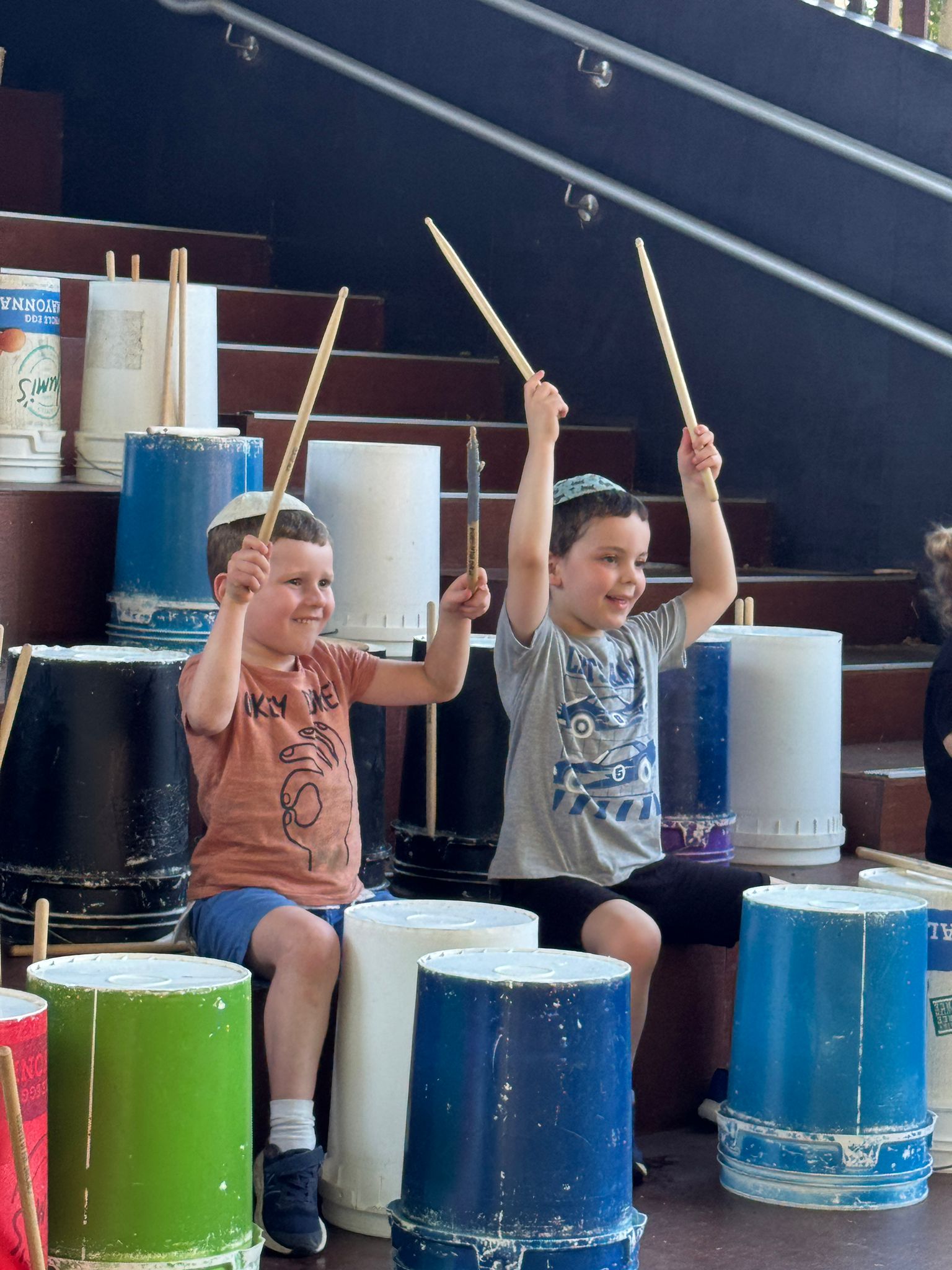
17 Dec New Beginnings
Though we generally think of the word “end” as a conclusion, we should keep in mind it comes from the Greek word anti, which means “before.”
So while we might think we’re concluding the school year, we are really, much more importantly, setting our children and ourselves up for what comes next.
All around the world, people are resolving to do those things they somehow didn’t get to do this year (or last year, or the one before that). That said, reality can interfere, affecting even the most well-intentioned person—and resolutions may melt, and renewed vision may blur. It can be difficult trying to balance everything. And, this is as true for kids as it is for adults.
As the summer holidays begin, here are some practical ideas to help prepare our students (younger or older) for the year to come:
- “Positivity has a beneficial impact on creativity, knowledge acquisition, play, courage, resilience, relationships, and other lived experiences”. Positivity helps to encourage students to feel upbeat, confident and ready and supports children to have faith in their abilities to manage the next rung on their educational ladder
- Teaching your child to Pace themselves effectively, involves helping them to create clear, defined expectations of themselves in order to foster and sustain their engagement, sustainability and productivity. Help kids figure out a sensible timeline to complete a task. Take into consideration the degree of difficulty. Factor in how appealing it is (because enjoyment motivates and fosters productivity), and whether it’s relevant (because if it isn’t, that will be a deterrent). Let past experiences be a guide for setting the pace for future endeavours.
- “Both Planning and Preparation require time, effort, and thought—but they are worth it because they enable people to anticipate and to respond more purposefully to tasks and responsibilities. Chat about goals and expectations. These should be clear, fair, and attainable. Think about doing things step by step or one chunk at a time. Also, what materials or skills are required? Try to anticipate obstacles, possible complications, and consequences.
- Perseverance Sometimes people have to work really hard to get through a challenge and reach that ‘yes, I’ve done it!’ point. Students function best and are more inclined to persevere when they feel safe, comfortable, and supported. Then there’s no limit to possibilities! Keep complexity to a minimum. Eliminate distractions. Strive to be both practical and conscientious. The best kinds of challenges or tasks are ones that are enabling, and that the individual is able to master.
- Honour children’s preferences, passions, creative inclinations, and capabilities, while helping them learn to prioritise what they want to do, and what they have to do—and how they intend to do it. Set up guidelines or routines to make things manageable.
- Play is a forerunner for intelligence, creativity, and productivity. Moreover, through play, children learn how to process and effectively cope with their feelings, get along well with others.
Make sure kids have enough breaks and downtime. This includes opportunities to relax, read, enjoy nature, exercise, explore, connect with family and friends, and consolidate thoughts
- Offer genuine and encouraging feedback. Preferably immediately, so kids can feel they’re making Progress, facilitating a desire to continue to do so. Constructive, encouraging comments serve as springboards for forward momentum.
- Practice leads to accomplishment. In his bestselling book, “Outliers: The Story of Success,” author Malcolm Gladwell writes,” Practice isn’t the thing you do once you’re good. It’s the thing that makes you good.”
- Patience – Most achievements don’t happen overnight. Be calm, responsive, and available to help if need be. Don’t hover.
- Children can learn to see failures, obstacles, and setbacks as gateways to learning. Parents can share this Perspective with their children by demonstrating and chatting about the importance of being resilient.
- A sense of Purpose is like your own personal North Star; a beacon that lights the way forward. People who are purposeful tend to be more focused, know where they’re headed, and are more likely to get things done—bringing inspiration and effort to fruition.
When one door closes and another opens, it can bring a lot of promise along. Sure, you might be nervous about whatever is to come, but it’s time to take stock of what you’re leaving behind and then look ahead. I would like to take this opportunity to wish you all success and happiness for the 2025 school year.
Charlene Orwin




